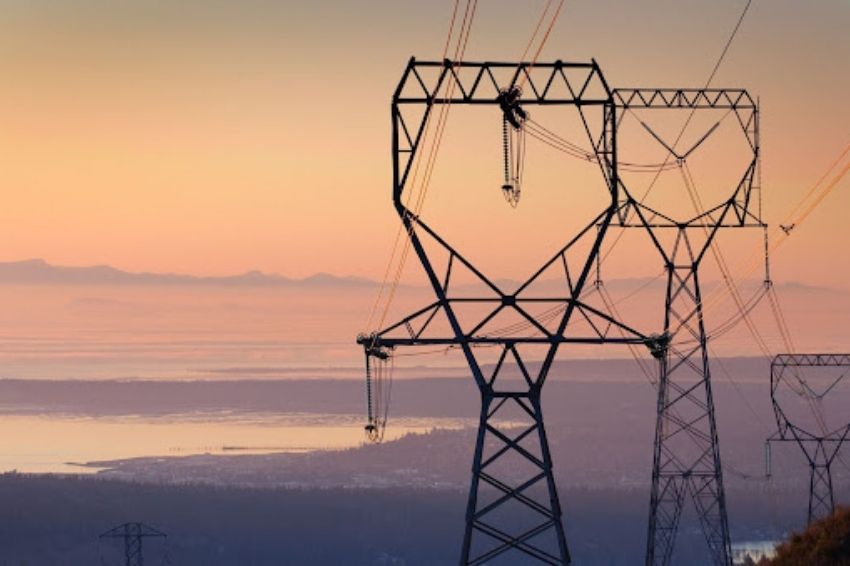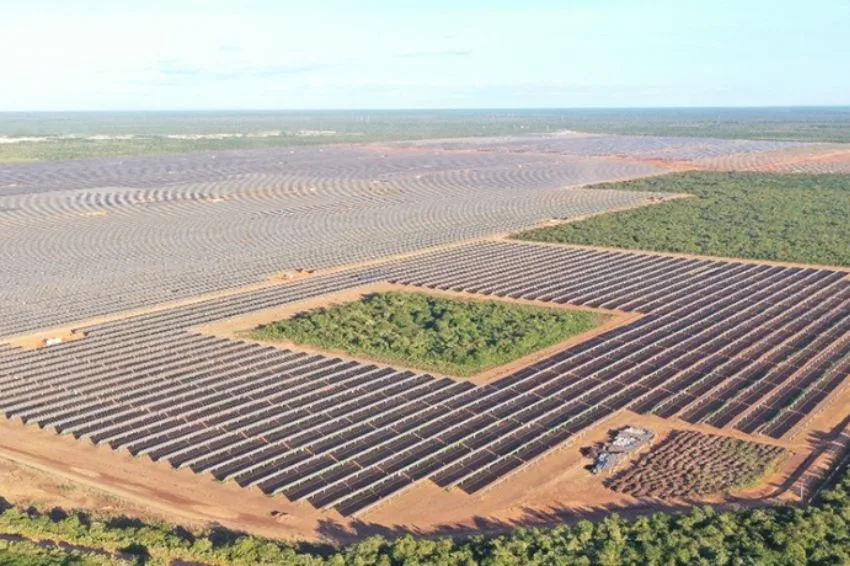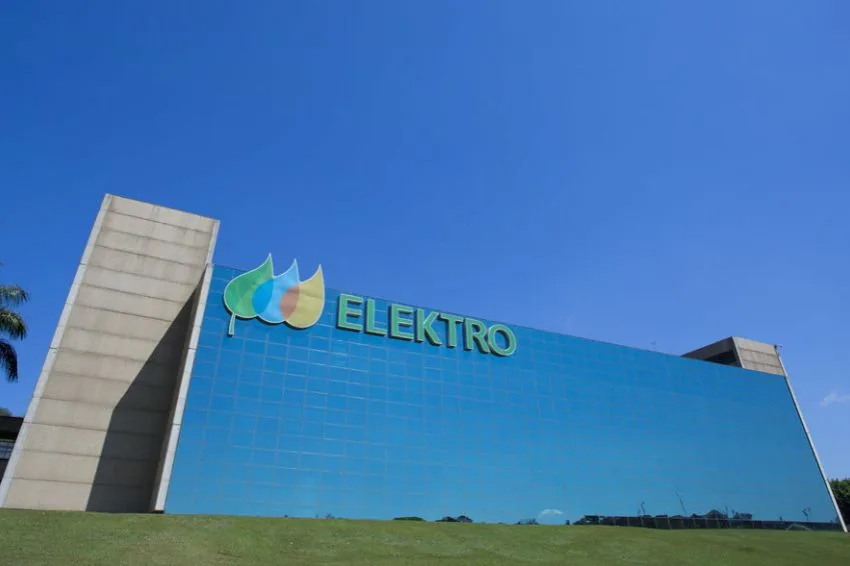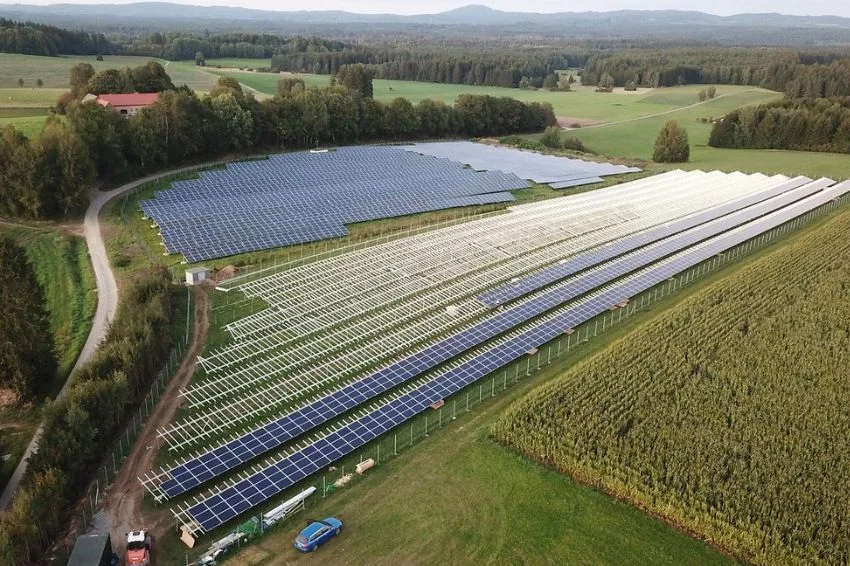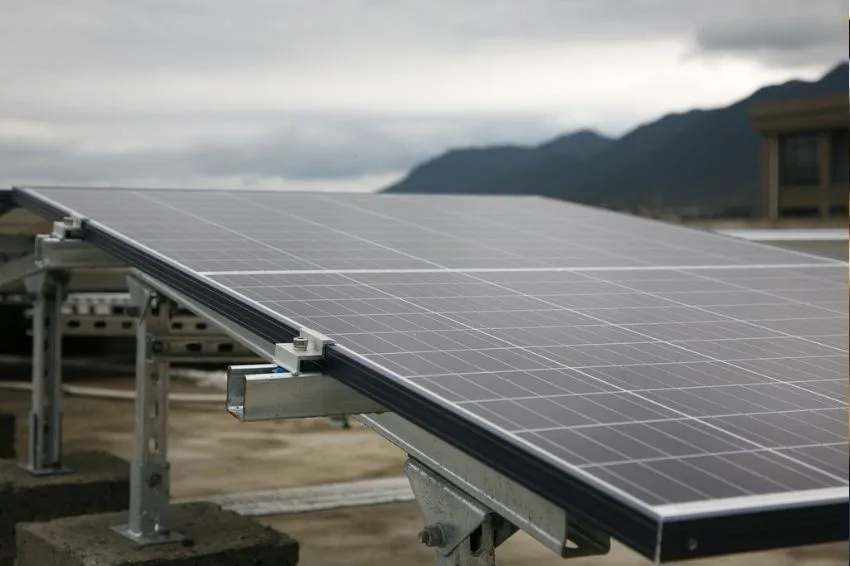Electricity sector taxes represent almost 50% of companies' operating costs, which directly reflects on final energy price for consumers and even in market inflation rates.
This is what a study by PwC and Instituto Acende Brasil pointed out. This is due to the composition of this ecosystem. “Firstly, the energy comes from generating plants, with the majority coming from hydroelectric plants.”
“In cities – which are not always close to the origin of generation – electricity arrives at distribution substations, traveling through overhead or underground wiring, and is finally taken to streets, industries and homes,” said the research.
According to the companies, specifically in Brazil, the sector is, on the one hand, one of the main levers for the recovery of the post-Covid-19 pandemic economy (due to its infrastructure, which attracts investments within and outside the country, moving more than R$ 400 billion per year, according to data from the Ministry of Mines and Energy).
“On the other hand, it is very complex, as each of the concessionaires (and the entire ecosystem that makes them up) serves different municipalities, often in different states – with specific tax systems and rates”, they pointed out.
For example: the Energisa it has 7.7 million customers in 862 municipalities in the five regions of Brazil, which means that it brings electricity to around 20 million people, the equivalent of 10% of the Brazilian population.
“This means that, for each state, there is a different tax scenario, mainly because of the ICMS (Tax on Circulation of Goods and Services), assessed the study.
According to Lucas Ribeiro, CEO of ROIT, an accountech specialized in taxation for large companies, using AI (Artificial Intelligence) and robotization, the complexity of the system does not stop there.
“There are other fees and contributions that affect the values of energy generation, transmission and distribution, such as variable input rates (example: mineral coal for thermoelectric plants, in which there is an increase in price due to the fuels used for thermal plants coming into operation). operation during water crises)”, he commented.
“All of this influences the costs and prices of electricity and, consequently, the management of all these assets”, highlighted Ribeiro.
The expert says that, currently, technology is helping companies in the segment to manage all these processes, contributing to greater efficiency and better results. A practical example of this is the replacement of manual activities with up to 98% accuracy.
Technology also often makes it possible to reduce the tax burden, as Ribeiro explains. “Tax legislation is not prepared to regulate this activity.”
“As a result, several opportunities arise that can minimize the sector’s tax burden, such as incentives for research and development and the treatment of regulatory expenses. The robots analyze all of this and bring it ready as a suggestion for application,” he reported.
Future
The executive emphasizes that, based on the prediction that Artificial Intelligence, by 2030, will contribute more than US$ 15.7 trillion to the global economy, solving complex problems.


